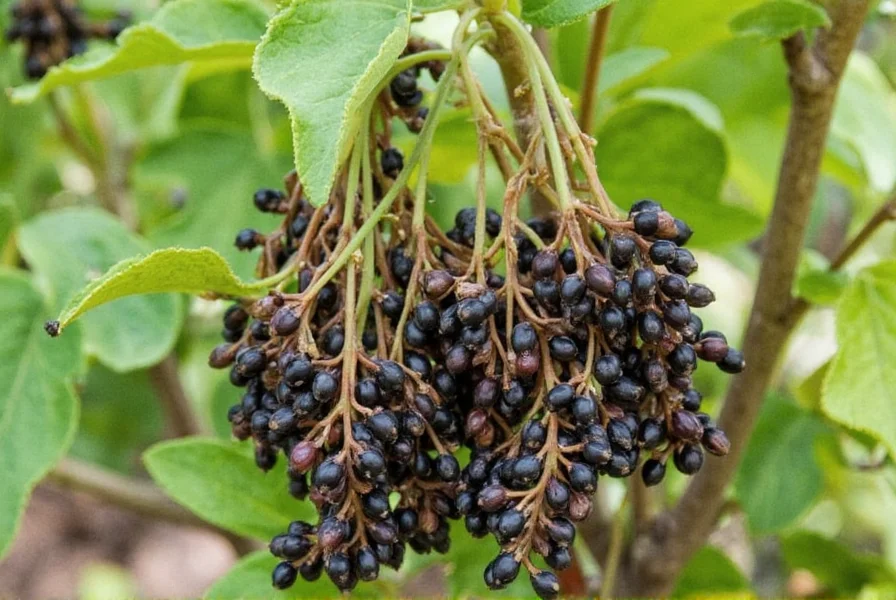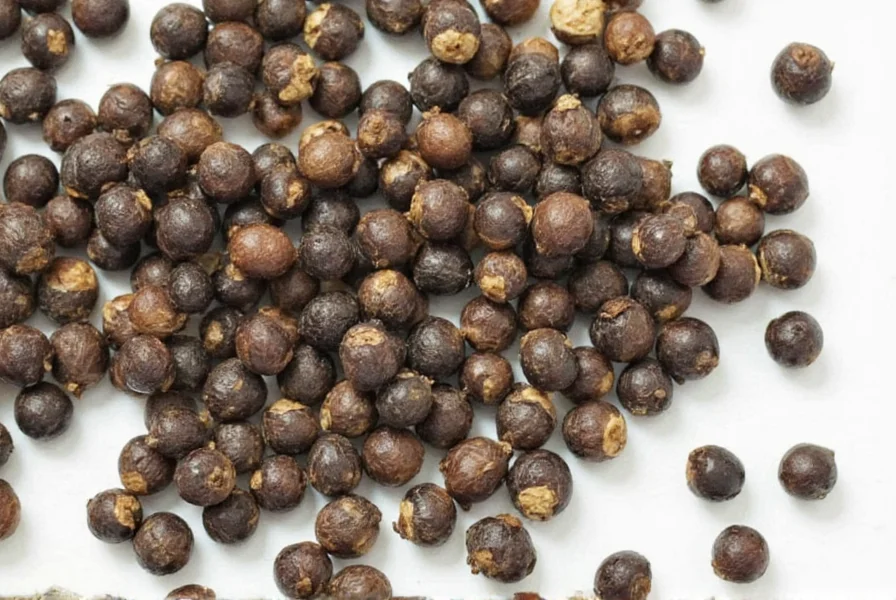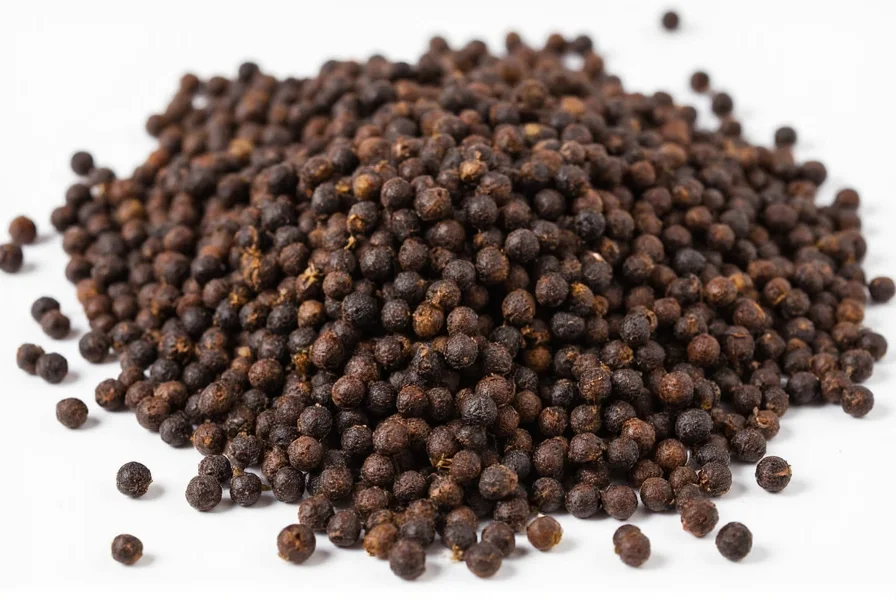Many gardeners and cooking enthusiasts search for “black pepper seeds” expecting to find plantable seeds similar to other herbs and spices. However, the reality involves a fascinating botanical process that explains why growing black pepper isn't as straightforward as planting typical seeds.
Understanding the Black Pepper Plant
The black pepper plant (Piper nigrum) is a flowering vine native to South India that produces small, berry-like fruits called drupes. What we know as “peppercorns” are these dried drupes, not actual seeds. Each mature drupe contains a single seed surrounded by a fleshy outer layer.
From Vine to Spice: The Pepper Production Process
Here's how commercial black pepper forms:
| Stage | Process | Result |
|---|---|---|
| Harvesting | Unripe green drupes picked | Small green berries |
| Drying | Exposed to sun or steam | Outer layer turns black |
| Processing | Heat treatment and cleaning | Final black peppercorns |
This processing destroys the seed's viability, which explains why you cannot grow black pepper from store-bought peppercorns. The heat and drying methods used in commercial production prevent germination.
Can You Actually Grow Black Pepper?
Yes, but not from typical kitchen peppercorns. To grow black pepper successfully, you need:
- Fresh, unprocessed red peppercorns (fully ripe drupes)
- Immediate planting before the outer fruit dries
- Tropical climate conditions (USDA zones 10-12)
- High humidity (70% or higher)
- Filtered sunlight and well-draining soil
Commercial growers harvest the red peppercorns, remove the outer fruit to access the actual seed, and plant these fresh seeds within days. This process explains why black pepper seed germination rates drop significantly after 30 days.

Practical Growing Information for Home Gardeners
If you're interested in growing black pepper at home, consider these facts:
- Black pepper requires 7-10 months of warm temperatures (75-85°F) to establish
- Vines need support structures as they can grow 10-15 feet long
- First harvest typically occurs in the third year after planting
- Indoor growing requires careful humidity control and bright, indirect light
Many people searching for “black pepper plant seeds for sale” find limited options because viable seeds have such a short shelf life. Specialty tropical plant nurseries occasionally offer fresh seeds or starter plants, but success rates vary significantly outside tropical climates.
Common Misconceptions About Black Pepper Seeds
Several myths persist about black pepper cultivation:
- Myth: Black peppercorns are seeds you can plant directly
- Reality: They're processed fruit with non-viable seeds
- Myth: Soaking peppercorns improves germination
- Reality: Processing destroys embryo viability regardless of soaking
- Myth: All “pepper seeds” are the same
- Reality: Black, white, and green peppercorns come from the same plant at different ripeness stages
Understanding these distinctions helps explain why growing black pepper indoors requires specific conditions and fresh planting material, not the peppercorns from your kitchen spice rack.

Alternative Options for Home Growers
If you're determined to grow your own pepper, consider these more viable approaches:
- Purchase live Piper nigrum plants from specialty nurseries
- Try growing from cuttings (more successful than seeds)
- Consider other pepper varieties better suited to non-tropical climates
- Use hydroponic systems to control humidity and temperature
Remember that black pepper plant care requires consistent attention to moisture levels and protection from temperature extremes. The vines grow slowly at first but become vigorous producers once established.
Conclusion
The term “black pepper seeds” represents a common misunderstanding of the pepper production process. What we use as spice are processed fruit, not plantable seeds. Successful cultivation requires fresh planting material and tropical conditions that most home gardeners cannot replicate. Understanding this botanical reality saves time and effort for those hoping to grow their own black pepper.
Can you grow black pepper from store-bought peppercorns?
No, you cannot grow black pepper from store-bought peppercorns. Commercial processing involves heat and drying that destroys the seed's viability. Only fresh, unprocessed seeds from ripe red peppercorns can germinate.
What's the difference between black pepper seeds and peppercorns?
Peppercorns are the dried fruit of the Piper nigrum plant, not seeds. Each peppercorn contains a single seed inside. What people call “black pepper seeds” are actually these dried fruit structures.
How long does it take to grow black pepper from seed?
From viable seed to first harvest takes approximately 3 years. Germination takes 30-60 days under ideal conditions, followed by 2-3 years of vine growth before the plant produces harvestable peppercorns.
Can you grow black pepper indoors successfully?
Yes, but with significant challenges. Black pepper requires high humidity (70%+), warm temperatures (75-85°F), and bright indirect light. Indoor growers often use greenhouse cabinets or humidity trays to create suitable conditions for Piper nigrum cultivation.
Where can I find actual black pepper seeds for planting?
True black pepper seeds are difficult to find commercially due to their short viability period. Your best options are specialty tropical plant nurseries, international seed exchanges, or directly from growers in tropical regions. Many gardeners have better success purchasing live plants rather than seeds.











 浙公网安备
33010002000092号
浙公网安备
33010002000092号 浙B2-20120091-4
浙B2-20120091-4